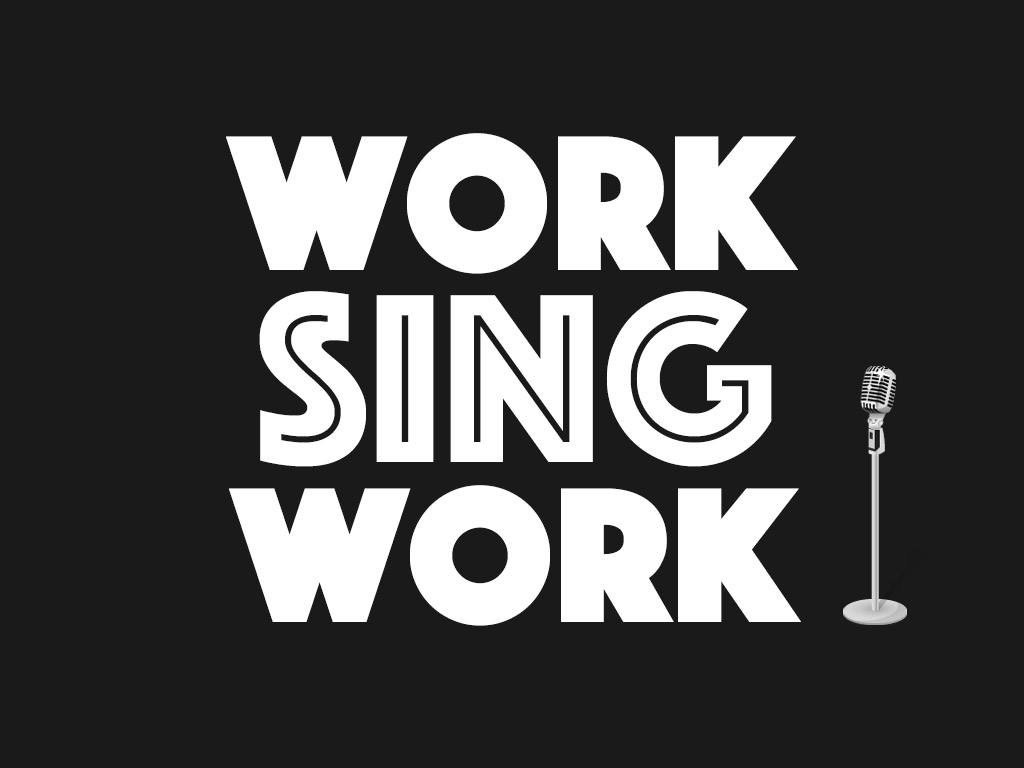POW! Get a hobby. How trying something new (running) continues to help me with something old (singing)
There's a difference between who we are and what we do
Often, when we turn something we love (singing) into a career pursuit, the thing we love becomes a grind. Practice becomes the biggest/weightiest thing on a list of chores AND we no longer view the daily pursuit of a career as a thing that we can enjoy, or that can bring us personal reward.
I have two initial thought prompts on this.
1. As long as we remain curious about what we're doing, we can remain engaged by it and it's personally rewarding. If we only approach our practice as a check-list, and not as a jumping off point for continued exploration that's where stagnancy can set in.
2. There are things other than music which can bring us personal reward and keep us engaged-- with others and with the world around us. I can't give music the burden of being my only source of inspiration-- but often, when I allow myself to pursue other hobbies or interests, they circle their way back to my music practice and provide a little spark of curiosity there too.
For me, running is the one interest that I have which has consistently circled back to influence the thoughts I have about singing & teaching. I constantly say in my studio "You don't defy science" meaning-- if you practice you will improve. This is a mantra I said to myself when I signed up for my first 5k seventeen years ago.
I NEVER thought that I could finish it, not in a million years, and yet there were plans to follow which promised I could do just that. I used something called "Couch to 5k" because that was where I was coming from (the couch) and where I wanted to go (a 5K). And I started with 60 second running intervals and I ran that 5k. I wanted to put the word "ran" in quotations in that sentence, because truly, it was at the pace of a quickly moving walker, but it was running for me. It was a mindful effort to go faster than I wanted to go and not stop even when it got hard.
Since then I've run many 5Ks and I have increased my speed a bit-- now pacing with elite elderly power-walkers. Many of the things which worked to get me to run also work to help me structure my practice:
1. Remember why you're doing it. For running it's because I want to be able to actively explore the world. I don't want to look at a mountain and not climb it because I'm worried about my knees or whether I'll be able to make it. It might take me a long time, but I want to be able to do it, and not be fearful about my ability to do so. For singing it's because I am a singer, and singers sing. I have to maintain a general fitness level so that when I transition from coach into athlete (several times a year) I'm not having to build my instrument back after months of neglect.
2. Schedule. I put practice and exercise on my calendar. Period. It's a commitment. If it's not on my calendar and I see that I have unstructured time, I will waste it watching Gardening Shows on the BBC. Or browsing plants on Instagram (not a waste)
3. Focus on progress rather than perfection. I ran a 5K last week-- the first one since the pandemic and I have never had a worse run in my life. Slow. Heart was racing. Unmotivated. BUT I finished it. I spent the second mile trying very hard not to think of the fitness that I lost over the last 14 months, but that list ran through my head. I spent the third mile grateful that for some reason I wasn't stopping. I had built that ability over 17 years-- that alone is progress. And at the end when I called home to tell my family about it, the conversation was the same it's always been. "Guys! I won" "REALLY??" "Of course- I finished it."

Comments
Post a Comment